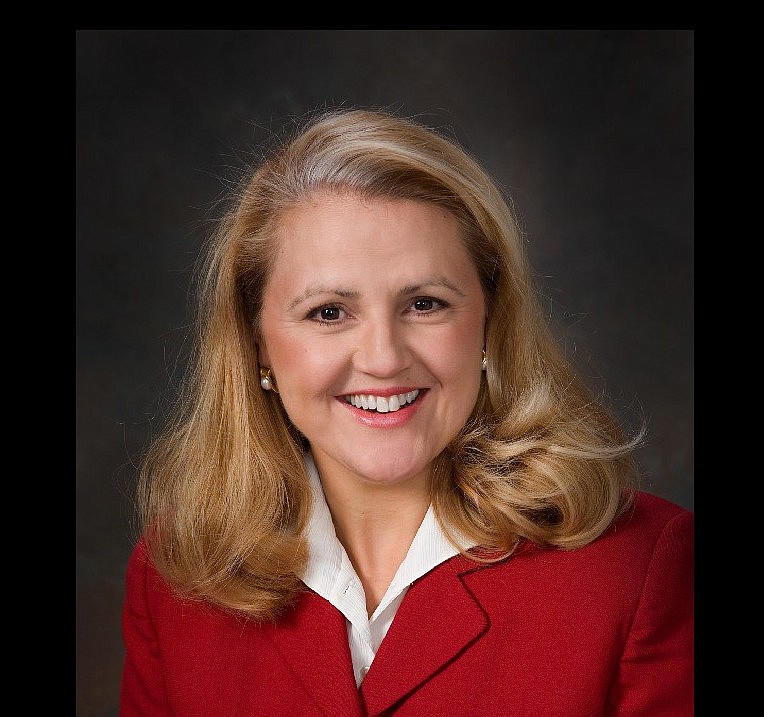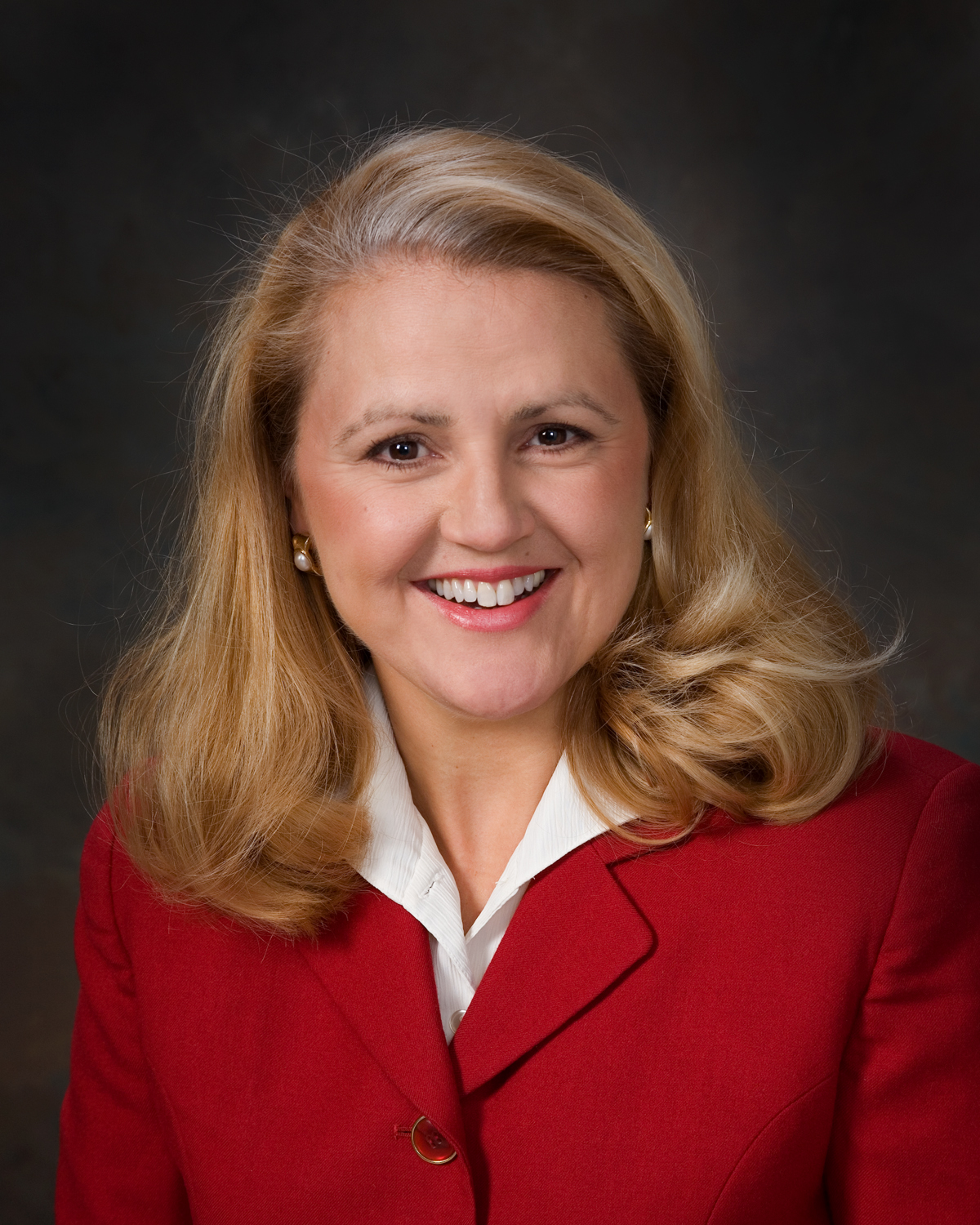Even years have special meaning in the world of politics - they're election years!
Next year, there will be a permeating distrust that's been building over broken promises to "get things done" and to "get our house in order." There is mounting pressure to stop "kicking the can down the road" in facing some of our problems on a national, state, and local level.
Results of the 2014 elections will be shaped by a huge miscalculation by President Barack Obama.
President Obama is best when campaigning, giving speeches and raising money where charisma and charm fuel his popularity.
But a brick wall of reality was ignored in applying the "transformative" philosophy of Saul Alinsky that many of his mentors with the implementation of Obamacare, his "signature issue."
Creating a narrative that each insured American was frustrated with their own healthcare coverage, Obama and the Democrats pushed the legislation through with no Republican votes and blocked waves of legislation offered by the GOP to correct anticipated problems, like keeping your existing plan after the launch of Obamacare.
The Obamacare ever-changing tale fits the model of Alinsky in that "[An organizer] does not have a fixed truth, truth to him is relative and changing; everything to him is relative and changing. He is a political relativist."
Throughout 2009 and 2010, health care was noted to be in a state of crisis and reform was in the "national interest." The "skyrocketing costs" had to be brought under control.
The story line expanded to include "health care as a right" casting the newly-signed law as the answer to provide unlimited health care access.
News accounts added "deficit reduction" to the script as the national headlines magnified budget talks and the malignant growth of spending by Obama and the "progressive" left.
Alinsky's advice was the Democrats playbook: Get "the people in the community" to "feel so frustrated, so defeated... of the prevailing system that they are willing to let go of the past and chance the future." In addressing the monumental task of health-care reform, an "organizer must shake up the prevailing patterns of their lives - agitate, create disenchantment and discontent with the current values, to produce..." and "fan the embers of hopelessness into a flame of fight."
As this "crisis" was crafted to transform health-care, the public was focused on their family budgets, their own loss of purchasing power with inflation, and the lack of jobs.
Then, Obama signed the Affordable Care Act into law on March 23, 2010 surrounded by his lieutenants of lies, just as a Gallup analysis showed that 69% ranked their health insurance as "excellent or good" with that number trending up to 72% in Nov. 2012.
By June 2010 it was known that the Obama Administration was aware that 93 million Americans would not be able to keep their existing health care plans in a "massive disruption of the private insurance market" according to the Federal Register. Millions of cancellations have forced Americans into plans with higher premiums and deductibles creating the expected chaos.
This disruption is one that will be a moniker worn by each Democrat on the 2014 election ballot reminding every voter of the association with the "transformative" Barack Obama.
Democrats have restructured the power of politics to create a crisis in an attempt to offer solutions.
Republicans' 2014 winning strategy must offer a stark contrast of solving problems and then stepping out of the way.
Robin Smith served as chairwoman of the Tennessee Republican Party, 2007 to 2009. She is a partner at the SmithWaterhouse Strategies business development and strategic planning firm and serves on Tennessee's Economic Council on Women.

